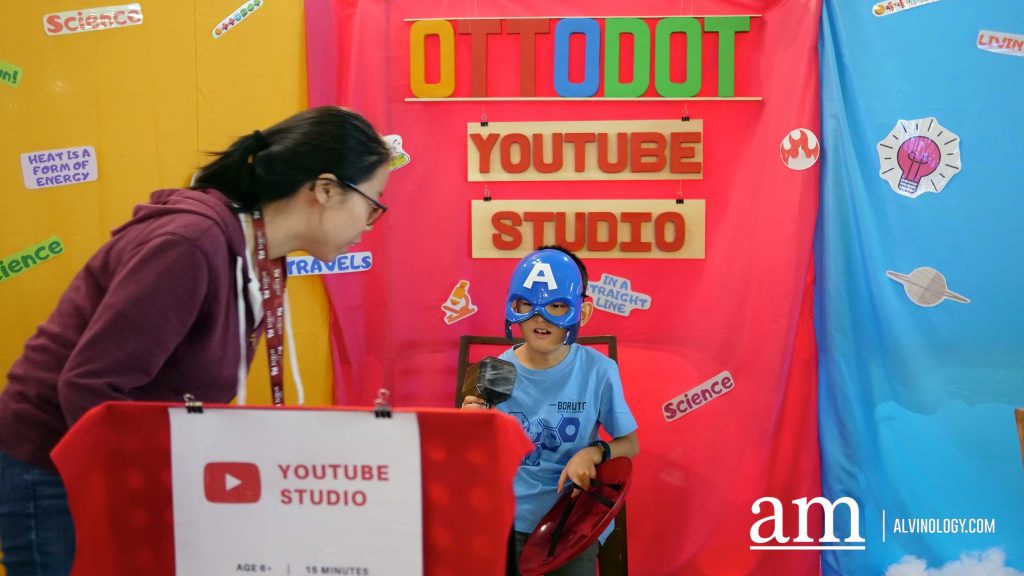In view of the public spat between the three children of the late founding prime minister of Singapore, Mr Lee Kuan Yew (LKY), it is interesting to note how each of them was named respectively by their parents. There are many parenting lessons we can learn from LKY, among them, how to give your child a meaningful Chinese name.
This information was revealed in the eulogy by youngest son, Lee Hsien Yang at the cremation service of LKY:
“When Loong, Ling and I were born, Papa gave us only Chinese names, and in those days, there was no Hanyu Pinyin so he used the Wade Giles which was the prevailing system to spell the names. And as papa did not have a good commandment of Chinese and came from a Peranakan household, he sought the help from the court interpreter Mr Wong Chong Min in the choice of names. Two years ago, Loong while walking around in Queenstown met Mr Wong’s son, the man who had named the three of us.
The names parents choose for their children embody the hopes, aspirations and dreams they have for them. Chinese names in particular, with their many possible wonderful layers of meaning, allegory and poetry, lend themselves well to this.
For their eldest son, Papa and Mama chose the name 显龙 (Hsien Loong). It means “illustrious dragon”. It was an appropriate and auspicious name for a boy, especially one born in the year of the dragon.
For my sister they chose the name 玮玲 (Wei Ling), which means “the beautiful sound of tinkling jade”. I suppose Mama thought that that was an appropriate and feminine name for a daughter, thought I don’t think it in any way circumscribe Ling’s development!
For me, they chose the name 显扬 (Hsien Yang). Some people think that since I am called Yang, I must be born in the Year of the Goat. Actually it is several years before me, if I was born in the Year of the Goat, I would be 60 now.
The name 扬 which mean 赞扬 or 表扬 and indeed it has more literary origin. It was taken from (三字經). Though my mother used to tease me before I knew this and said, your name means that you are an “Illustrious show off”. Actually the phrase that it was taken from was 扬名声,显父母 which means to bring honour and glory to your parents.
I am sure many Singaporeans travelling abroad have often received compliments on Singapore and its transformation over the last fifty years. Usually the conversation also would acknowledge the contributions of Mr Lee Kuan Yew. I would nod in agreement and but I would not acknowledge my relationship and I just kept quiet, and say it’s been a remarkable journey. Unsolicited compliments like this are the most authentic and heartfelt. Keeping private my family connection only served to enhance the pleasure for me. Sadly, as I developed a more visible public profile, it became harder not to be recognized as Lee Hsien Yang and my father’s son.
I have taught my children never to mention or flaunt their relationship to their grandfather, that they needed to make their own way in the world only on their own merits and industry. I have suggested to them that should they be asked whether they are related to Lee Kuan Yew, that a good answer was to say my name is spelt “Li”. Mr Lee Kuan Yew’s name is spelt “Lee”. “Li” is one of the most common Chinese surnames in the world and given it’s a Chinese surname it is probably one of the more common surnames in the world. This response which I suggested was not meant to mislead or to obfuscate. It is born out of a desire to be recognised for who we are as individuals and not for who we are related to. We are immensely proud of Papa and his achievements, and yet perhaps it is part of our DNA to seek our own way in life. I am sure that Papa would not have wanted otherwise.”



![[Review] Be Our Guest to a Night of Enchantment with Disney’s Beauty and the Beast in Singapore This December [Review] Be Our Guest to a Night of Enchantment with Disney’s Beauty and the Beast in Singapore This December - Alvinology](https://media.alvinology.com/uploads/2025/12/Screenshot-2025-12-14-195843-110x110.png)

![[Review] Tim Ho Wan’s Limited Edition East-Meets-West Menu Brings Festive Flavours to Dim Sum [Review] Tim Ho Wan’s Limited Edition East-Meets-West Menu Brings Festive Flavours to Dim Sum - Alvinology](https://media.alvinology.com/uploads/2025/12/6194907278834600928-110x110.jpg)



![[Opening Promo Inside] MUJI Singapore celebrates its 12th store opening at Jewel Changi Airport [Opening Promo Inside] MUJI Singapore celebrates its 12th store opening at Jewel Changi Airport - Alvinology](https://media.alvinology.com/uploads/2019/04/Muji-Singapore-Jewel-Changi-Airport-1024x538.jpg)



5
5
5
5